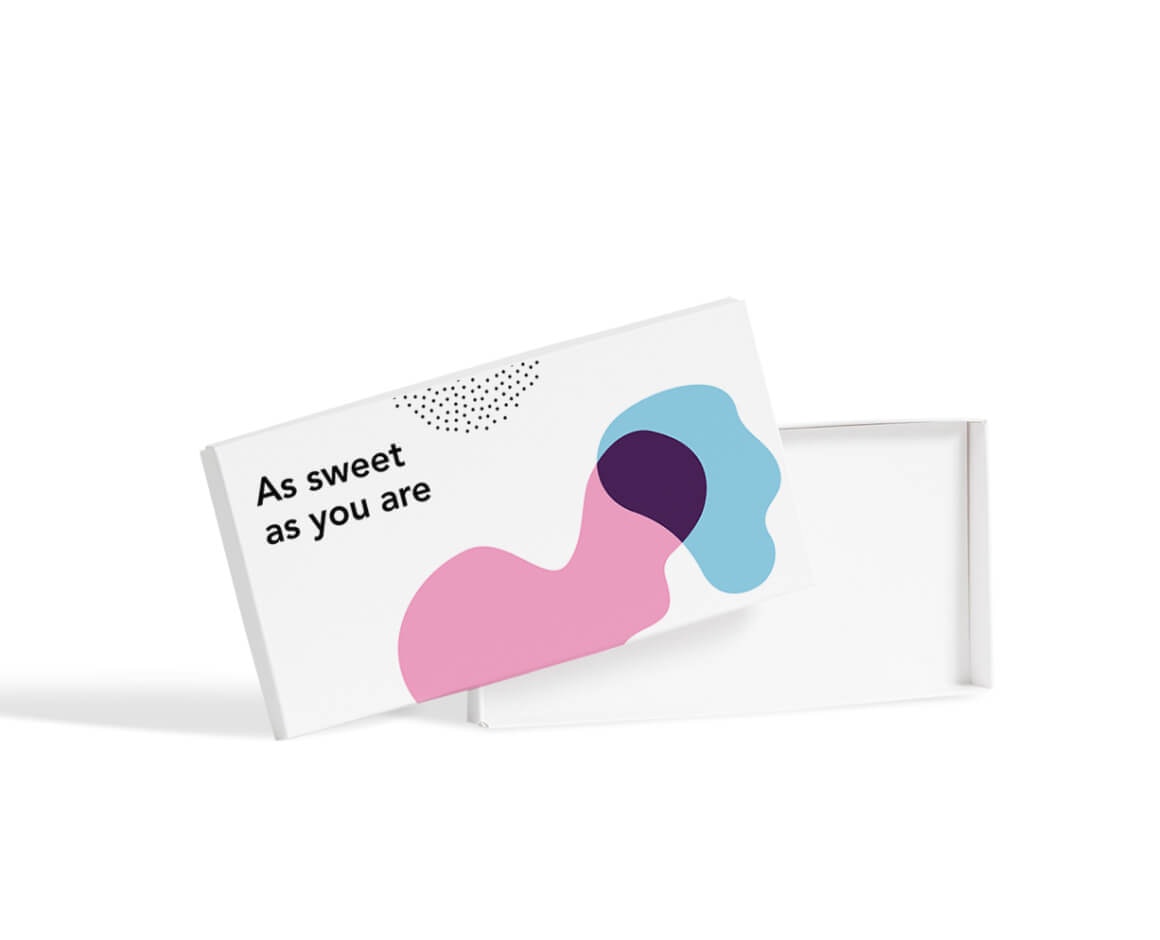Made from paper pulp that’s sourced from responsibly managed forests and mills.
Matching products
See all productsMade from paper pulp that’s sourced from responsibly managed forests and mills.
FSCⓇ available definition
Products with this eco-property can be ordered with FSCⓇ certification upon request.
There are many different types of certification for wood products [1] . The most common certification is from the Forest Stewardship Council (FSCⓇ ) [2]. Packhelp supports and recommends using FSCⓇ -certified materials where possible.
The FSCⓇ label comes with three levels of certification:
FSCⓇ 100% - This level indicates that all of the pulp used in this material came from FSCⓇ -certified forests.
FSCⓇ Mix - This tier indicates that the pulp is a mixture of two or more types of pulp, limited to FSCⓇ -certified forests, recycled pulp, controlled wood, or wood from ethical sources that don’t meet the complete FSCⓇ certification.
FSCⓇ Recycled - This level indicates that the material is made from reclaimed material and not virgin pulp.
Note: FSCⓇ Mix-grade pulp may contain a mixture of FSCⓇ virgin pulp, and FSCⓇ virgin pulp that’s an offcut that’s been recycled and not yet been turned into a final product.
Other notable bodies and certifications include the Programme for the Endorsement of Forest Certification (PEFC) & the Sustainable Forest Initiative (SFI).

Why you should use FSC®
The FSCⓇ certification is the most widely-known wood certification for a reason. The certification takes the confusing timber and pulp industry and gives it a simple, easy-to-digest stamp that simplifies an often overwhelming industry.
FSCⓇ regularly carries out market checks [3] to ensure that all FSCⓇ -certified products for sale actually do come from a certified business. The FSCⓇ certification also ensures that the employees are employed legally [4] , and have safe working conditions and reimbursement according to the International Labour Law (ILO).
In summary, a company may prefer FSCⓇ -certified products if it values a circular economy, forest regeneration, and ethical employment.
Why you shouldn’t use FSC®
There are many responsibly-managed forests that do not carry certifications. Some of these forests and their managing bodies cannot afford the certification process or simply don’t want the certification. Certification may lead to an increase in demand for their product and they can only produce so much product in a given time frame.
This, however, doesn’t mean that the use of this wood is unethical or derogatory to the environment.
In recent years, both FSCⓇ and PEFC certifications have come under scrutiny [5] for a number of reasons:
- Auditors being bribed to supply certification;
- Companies not facing repercussions for breaking certification constraints;
- The certifications having little to no overall impact on the habitat reduction of endangered species and illegal foresting.
Packhelp & FSC®
We believe that using certified cardboard products made from certified wood is important. However, certifications breed awareness and acknowledgement of an underlying problem about the consumption of natural resources. This starts a conversation and fosters more awareness, and is above all, we believe, a step in the right direction.

























